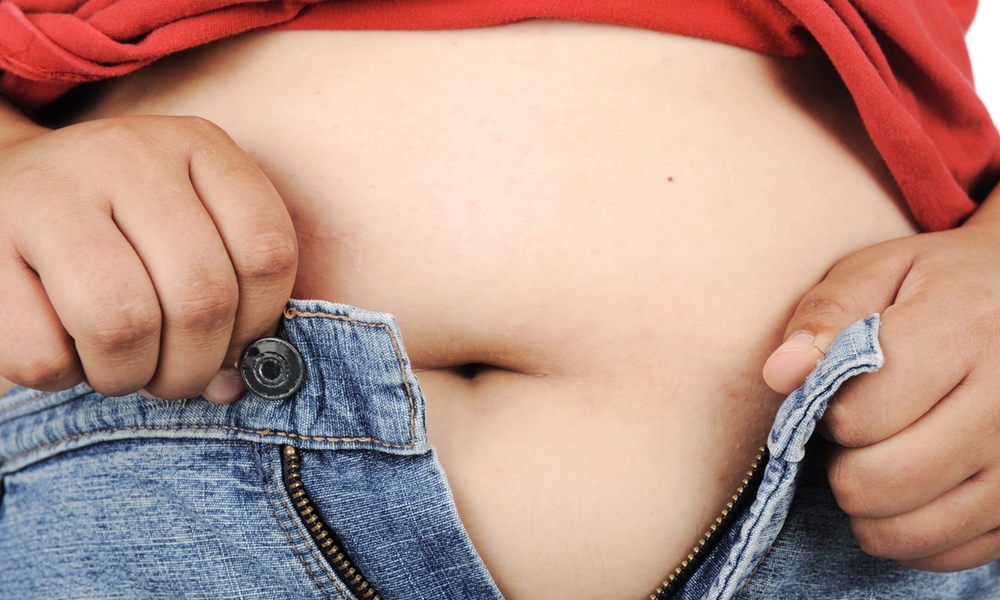Obesity and depression are a double-whammy for children, and they tend to continue throughout life. Depressed youth may experience a cycle of overeating to try to make themselves feel better that is followed by weight gain and more depressed feelings, particularly when part of a cycle that includes bullying.
But it may be that obesity and depression early in life are the result of abnormalities in the same area of the brain, researchers at the Stanford University School of Medicine say, rather than one causing the other.
The researchers arrived at this conclusion after they looked at brain scans of kids, aged nine to 17, who were struggling with the symptoms of depression and obesity. They found that the volumes of two of the brain's reward-processing areas were reduced. These brain abnormalities seen in the children are also linked to metabolic disorders and insulin resistance, a precursor to diabetes.Eating was less pleasurable for these children and teens, and they were more likely to eat in an unrestrained manner. They also had more difficulty experiencing pleasure in general.
Forty-two children and teens took part in the study. Each had a body-mass index greater than the 85th percentile for their age and also had untreated symptoms of depression that were moderate-to-severe, based on established clinical tests. Questionnaires were used to understand how pleasurable children found food and whether they experienced periods of uncontrolled eating.
Each child's insulin resistance was measured. The hormone, insulin, is what the body uses to move sugar from the blood into the body's cells, where it can provide energy. When you are insulin-resistant, the hormone works less effectively. Insulin resistance often precedes Type 2 diabetes.
Finally, each child's brain structure and function was determined using an MRI brain scan, and all were offered a referral for treatment of depression.
The team focused on the the hippocampus and anterior cingulate cortex because earlier studies had found abnormalities in these reward centers of the brain corresponded to obesity and depression. “Independently, in obesity and depression, the same brain networks popped up, and that was curious to us,” Singh said. “We thought maybe that was a link that would help us understand better why these symptoms coexist.”
Better understanding about this vulnerability should mean that as treatments are developed, they can be implemented early. The researchers hope that a deeper understanding of the mechanisms common to obesity and depression may help them test the effectiveness of new treatments down the road.
The study is published in Hormones and Behavior.





